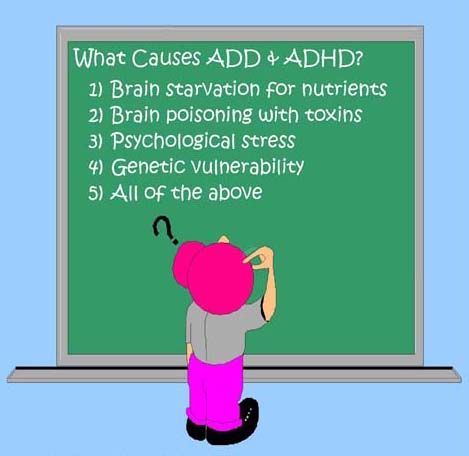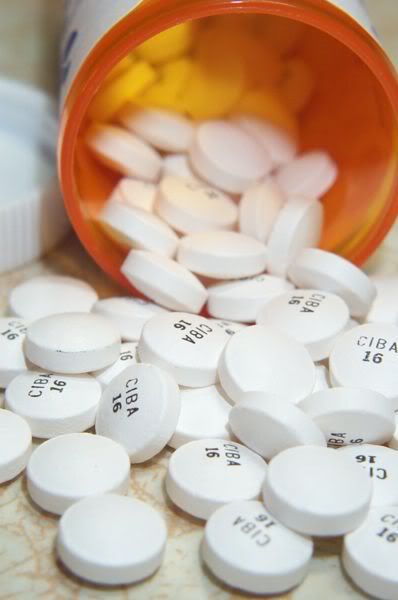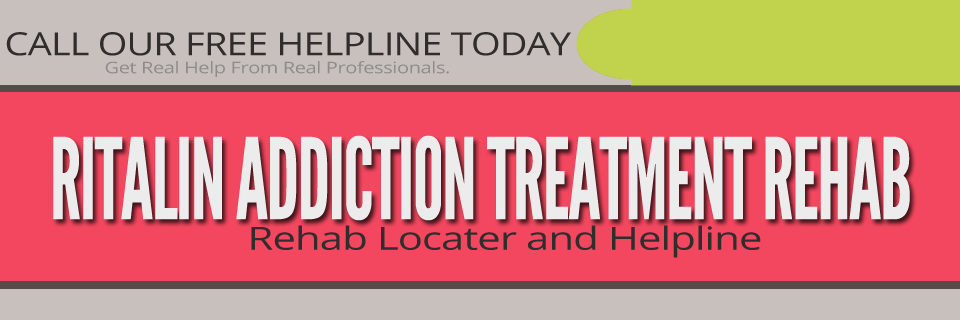Drugs are the common treatment for an ADHD diagnosis, but a new study says that the majority of ADHD cases can be solved through dieting. A study lead by Dr. Lindy Pelsser of the ADHD Research Centre in the Netherlands recently published an article in the Lancet journal. Pelsser believes the way society treats ADHD is wrong. She believes that once a child is diagnosed with ADHD, parents and doctors should start looking for environmental causes rather than putting the child on drugs.

Pelsser did a study involving children ages 4-8 with ADHD who were not currently on a diet, taking ADHD medication, or attending behavioral therapy. The study placed the children on either a high-immunoglobulin G (IgG) or a low-IgG diet. The low-IgG diet began on foods such as rice, meat, vegetables, pears, and water complemented by foods like potatoes, fruits, and wheat. If ADHD signs continued, the diet began to remove complementary foods. The study found that after removing foods that incite ADHD behavior, most of the children stopped showing signs of ADHD. The study concluded that 64 percent of children diagnosed with ADHD are experiencing hypersensitivity to foods.

Teachers and doctors who worked with the children were amazed at the results. The children were calmer, less distracted, and less forgetful. Pelsser states, “In all children, we should start with diet research." It is only after a child’s behavior does not change that drugs should be considered an option. It is also important to consult your doctor before altering a child’s diet. "We have got good news — that food is the main cause of ADHD. We've got bad news — that we have to train physicians to monitor this procedure because it cannot be done by a physician who is not trained", says Pelsser.
Do you feel that Peisser study
concretely proves that food is the main cause for ADHD like she says? Is dieting is the best way to reduce ADHD
symptoms?



